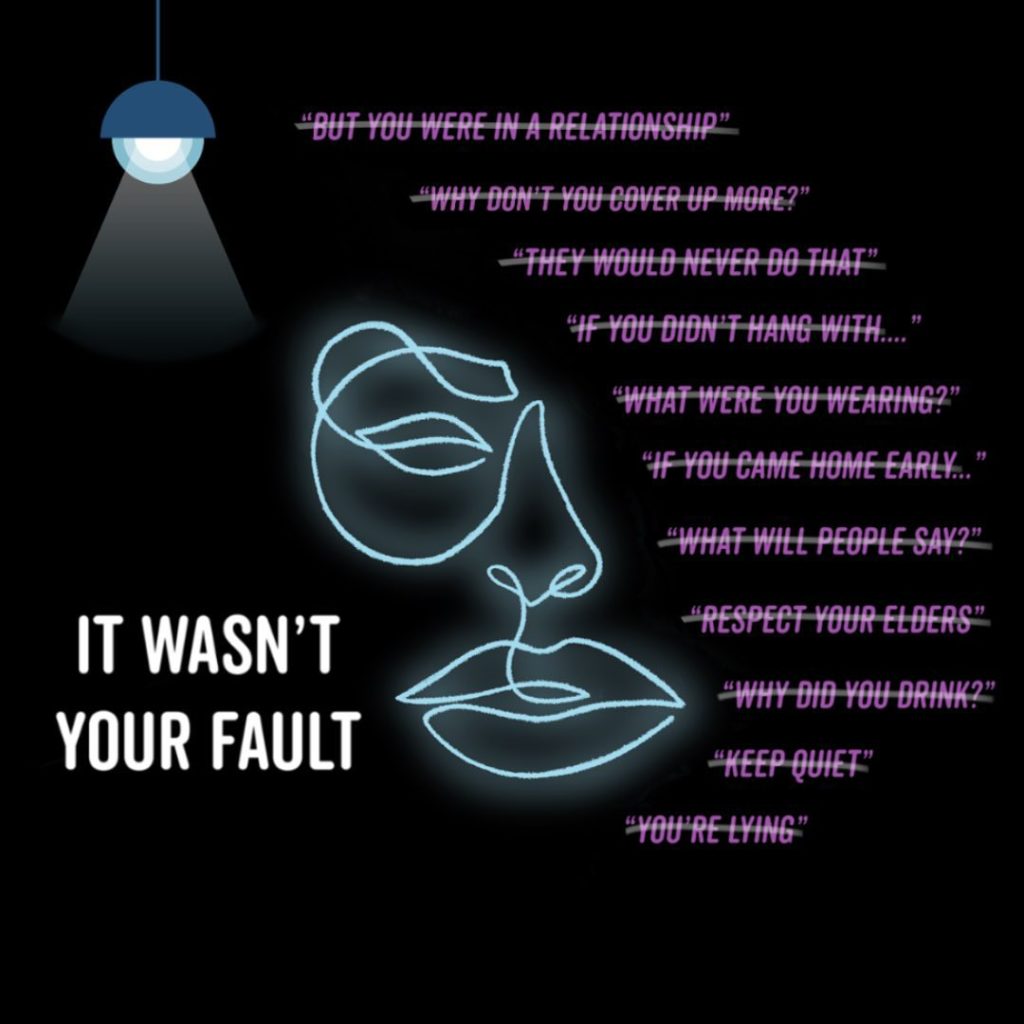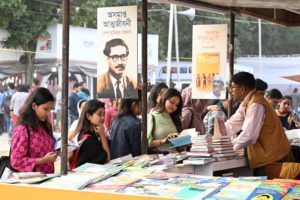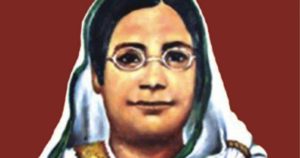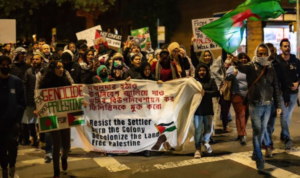SURVIVOR STORIES

Sexual abuse is not a trend. The ‘Me Too’ movement was started to give survivors support and courage. As much as there are many wonderful things we share about our culture, how we collectively treat abusers and look at sexual abuse, is not one of them. In order for us to address sexual assault and abuse, we must discuss and educate ourselves on deeply rooted issues and root causes for our behaviors and belief systems.
While the rest of the world is talking about equal pay, WE ARE STILL far behind in the way women are treated in our community. Facebook comment sections are filled with people telling the victim to turn to God, or dress modestly, followed by more comments like “good girls have no business staying out so late”. Even when a victim dares to speak up about their experiences, the consequences are often dire: the severe backlash in the community, her entire worth often diminished, her family and herself socially ostracized.
Then there’s the incessant amount of slut-shaming and labeling. Parents stay quiet because “manush ki bolbe”, the eternal plight of of caring about what will people gossip about. While we normally mock and chastise ourselves for caring about what others will say when it comes to living our lives on our own terms, this isn’t one of those scenarios. We make a survivor’s life incredibly difficult by questioning her character, her upbringing, and every aspect of her life and life choices, which further invalidates an incredibly traumatic experience.
We talk about grief and mental health and our need to process things at our own pace. But we conveniently throw that level of empathy out the window when a survivor comes forward, sometimes years after the actual incident. We expect a survivor to not only survive the assault and the emotional abuse from people in her community, but also the mental and physical repercussions as well. While the abusers live a normal life, virtually unscathed, the survivor battles with society, her family and herself. We immediately question her motives simply because she didn’t come forward sooner.
BoNY would like to extend our platform to survivors who want to tell their stories and hold their abusers accountable. We recognize that there’s a lot of work that we need to do collectively as a community. Hence, we would also like to foster discussions beyond how to value consent and address deeper issues that can stop abuse in its track. Most importantly we would like to support survivors as they process and share these traumatic incidents and help them cope with appropriate resources.
Here is the Bangla version of our BoNY survivors post:
বনি একটি গল্প বলার প্ল্যাটফর্ম যেখানে আমরা বাঙালি প্রবাসীদের গল্প তুলে ধরি। আমরা আমাদের পূর্বপুরুষদের গল্প আর সুন্দর ঐতিহ্যগুলির পাশাপাশি আমাদের নিজের সম্প্রদায়ের সংগ্রামগুলিও তুলে ধরি । আমরা সম্প্রদায়ের ভিতরে এবং বাইরে সম্মিলিতভাবে সচেতনতা তৈরি করার জন্য যথাসাধ্য চেষ্টা করি। আমাদের ইনস্টাগ্রাম ডিরেক্টে অনেকেই আমাদের ধন্যবাদ জানিয়ে মেসেজ পাঠান, এই গল্পগুলি শেয়ার করবার জন্যে। আমরা এমন অভিজ্ঞতা শেয়ার করি যা আমাদের পাঠকদের জন্য আনন্দ এবং সচেতনতা আনতে পারে। বর্তমান ঘটনাগুলি কীভাবে বাঙালি সম্প্রদায়কে প্রভাবিত করে তাও আমরা আলোচনা করি। সম্প্রতি আমরা যৌন নিগ্রহ এবং নির্যাতনের অনেক মেসেজ পাচ্ছি।যৌন নির্যাতন কোন প্রবণতা বা নতুন সোশ্যাল মিডিয়া ‘ট্রেন্ড’ নয়। নির্যাতিত ব্যক্তিদের সমর্থন ও সাহস দেওয়ার জন্য ‘মি টু’ আন্দোলনটি শুরু হয়েছিল। আমরা আমাদের সংস্কৃতির অনেক ভালো দিকগুলো তুলে ধরি, কিন্তু যেভাবে আমরা সমাজ হিসেবে যৌথভাবে নির্যাতিতাদের সাথে আচরণ করি এবং যৌন নির্যাতন কে বুঝি, তা মোটেও গ্রহনযোগ্য নয় । যৌন নিপীড়ন ও নির্যাতন মোকাবেলার জন্য, আমাদের নিজেদের আচারণের মূল কারণগুলির সম্পর্কে নিজেদেরকে শিক্ষিত করতে হবে। যেখানে সারা বিশ্বে উভয় লিঙ্গের সমান বেতনের কথা চলছে, সেখানে আমাদের সম্প্রদায়ের নারীদের সাথে যেভাবে আচরণ করা হচ্ছে তাতে আমরা এখনও অনেক পিছিয়ে আছি। ফেসবুকে অনেকেই নির্যাতিতাদের চরিত্র নিয়ে নানান মন্তব্য করছে, যেমন আল্লাহর পথে ফিরে যেতে বলছে , ঢাকা পোশাক পরতে বলছে, আবার অনেকে এই মন্তব্যও করছেন যে “ভাল মেয়েরা এত দেরিতে বাসায় ফেরে না“। আমাদের সমাজে যখন কেউ তাদের নির্যাতিত হওয়া নিয়ে কথা বলার সাহস করে, তখন সেই কথা বলার পরিণতিগুলি প্রায়শই মারাত্মক হয়| যেমন সম্প্রদায়ের তীব্র প্রতিক্রিয়া সহ্য করতে হয়, তার সম্মান অসিদ্ধ করাটি মেনে নিতে হয়, তার পরিবারকে এবং নিজেকে সামাজিকভাবে উচ্ছেদ করাটাও মেনে নিতে হয়। তারপরে শ্লাট -শ্যামিং এবং নানান প্রকারের বদনাম আর সমালোচনা তো আছেই। বাবা-মায়েরা চুপ থাকেন “মানুষ কি বলবে” সেই ভয়ে । আমরা যখন নিজের শর্তে আমাদের জীবনযাপনের কথা বলি তখন মানুষের কথায় কান দেয়া নিয়ে আমরা সাধারণত উপহাস করি।কিন্তু আমরা নির্যাতিতার চরিত্র, তার লালনপালন, এবং তার জীবনযাপনের ভঙ্গীর প্রতি তীব্র নিন্দা করে তাদের বাঁচা কঠিন করে তুলি, যা তাদের মর্মান্তিক অভিজ্ঞতাকে অশ্বিকার করে।আমরা শোক এবং মানসিক স্বাস্থ্য নিয়ে সহনুভুতি দেখাই। কিন্তু যখন কেউ তাদের অভিগ্যতা নিয়ে কথা বলে, যেটা অনেক সময় ঘটনার কয়েক বছর পরও হতে পারে, তখন আমরা সহানুভূতির ব্যাপারটি ভুলে যাই । আমরা খুব অন্যায়ভাবে আশা করি যে একজন নির্যাতিত ব্যক্তি সবার সমালোচনা মেনে নেবে, তার প্রতি হওয়া অন্ন্যায়টি মেনে নেবে, এবং সেই ঘটনার কারণে মানসিক এবং শারীরিক প্রতিক্রিয়াও মেনে নেবে। যেখানে অভিযুক্ত ব্যাক্তিটি একটি সাধারণ জীবনযাপন করছে, সেখানে নির্যাতিতারা সমাজের সাথে, পরিবারের সাথে এবং নিজের সাথে লড়াই করছে।আর আমরা তার উদ্দেশ্য সম্পর্কে নানান প্রশ্ন করে তাকে জর্জরিত করি কারণ সে আরো আগে মুখ খোলেনি।আমরা নির্যাতিতদের তাদের গল্প বলতে এবং অভিযুক্তদের জবাবদিহির দাবি করতে আমাদের প্ল্যাটফর্মটি এগিয়ে দিতে চাই। সমাজ এবং সম্প্রদায় হিসাবে আমাদের সম্মিলিতভাবে আরও অনেক দূর এগুতে হবে।তাই আমরা সম্মতির গুরুত্ব এবং নির্যাতন নিরোধ করার সাথে জড়িত কিছু মূল সমস্যাগুলো নিয়ে আলোচনা শুরু করতে চাই। আর সবচেয়ে গুরুত্ব সহকারে আমরা ক্ষতিগ্রস্থদের এই আঘাতজনিত ঘটনাগুলি তুলে ধরতে সমর্থনা দিতে চাই এবং তাদেরকে যথাযথ সংস্থানগুলির সাহায্যে সহায়তা করতে চাই
Read More
The Legacy of Boi Mela
Every year in February, the month-long national book fair welcomes...
Read MoreMillennial Amma: How to Explain a Global Crisis As a Parent
Rumki Chowdhury shares tips for how to talk to children...
Read MoreBegum Rokeya’s Millennials
A tribute to a pioneering Bengali feminist writer, educator and...
Read More



